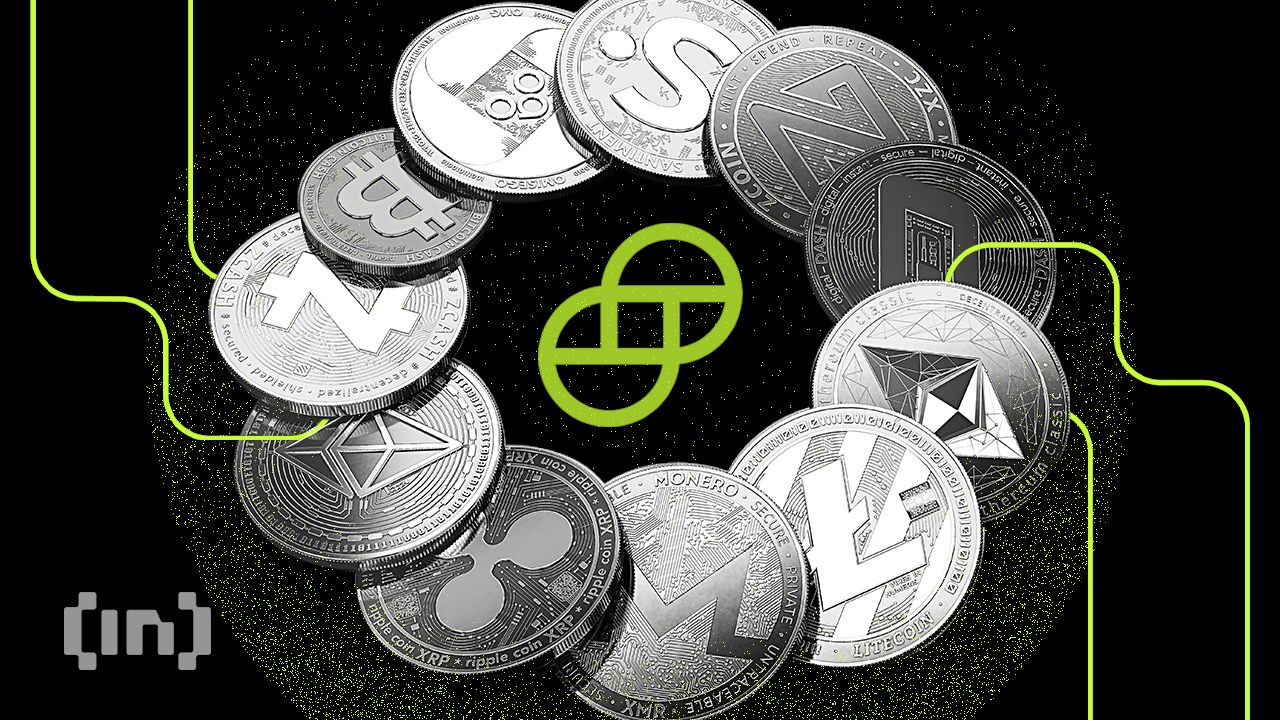Gemini Customers Upset Over Misleading FDIC Statements

[ad_1]

Customers of Gemini exchange whose funds were frozen say they were misled into thinking their money was protected by the Federal Deposit Insurance Corporation (FDIC).
Gemini customers claim the exchange misled them regarding the FDIC status of their GUSD stablecoin deposits on the platform through ambiguous terminology in marketing materials and customer support.
Gemini Customers Criticize Ambiguous FDIC Statements
Several Gemini customers said that the exchange failed to distinguish the FDIC status of its own bank deposits of stablecoins and Gemini’s customer products, prompting the New York Department of Financial Services to investigate the exchange.
It is illegal under U.S. Federal law to make misleading statements about FDIC insurance.
When enquiring about the FDIC status of the GUSD stablecoin held in his interest-bearing Gemini Earn account, Gemini’s customer support told one customer that his GUSD at other financial institutions was eligible for FDIC insurance. The customer’s GUSD in the Earn account is currently frozen.
Gemini offered Earn customers up to 7% annual interest on crypto deposits. Gemini suspended withdrawals from its Earn product after lending partner Genesis Global Capital paused withdrawals and loan originations on Nov. 16, 2022.
Genesis generated interest for Earn customers by lending their deposits to other institutions at a higher interest rate. Gemini allegedly collected up to 4.29% of accrued interest as an agent fee. Genesis filed for bankruptcy on Jan. 19, 2023, reportedly owing its top 50 creditors around $3.5 billion. It owes over 300,000 Gemini Earn customers about $900 million.
The U.S. Securities and Exchange Commission is investigating Gemini and Genesis for offering the Earn product as an unregistered security.
Marketing Campaigns Reinforced Winklevoss Aura
Some investors put their money in Gemini because of the reputation of its founders, Cameron and Tyler Winklevoss.
Aggressive marketing campaigns with slogans like “Crypto Without Chaos,” and “The Revolution Needs Rules,” splashed on subways and taxi roofs in 2019, painted Gemini and the Winklevii as the harbingers of order in a largely chaotic industry.
In a 2019 blog post, the Winklevii championed the exchange’s philosophy of “ask for permission, not for forgiveness.”
Gemini also marketed its registration as a limited-purpose trust company with the New York Department of Financial Services as a sign of its trustworthiness.
“We chose this path because we believed that in order to build the future of money, we had to first build trust in this new asset class,” the blog post reads.
Dennis Kelleher of Better Markets, a market oversight advocacy group, believes Gemini intentionally misled its investors.
“Everybody knows the value in terms of investor comfort and confidence in something that is FDIC insured,” he told Axios. He criticized the exchange for lulling investors into a sense of “false comfort” through the appearance of legitimacy.
But it is unclear whether the FDIC will take any enforcement action. Its only major enforcement action since 2008 resulted in a fine of only $100,000.
For Be[In]Crypto’s latest Bitcoin (BTC) analysis, click here.
Disclaimer
BeInCrypto has reached out to company or individual involved in the story to get an official statement about the recent developments, but it has yet to hear back.
[ad_2]
Source link










